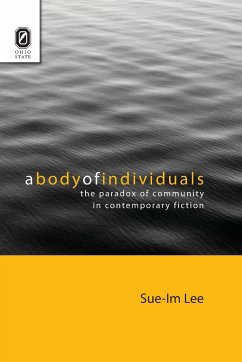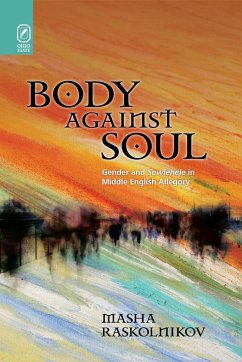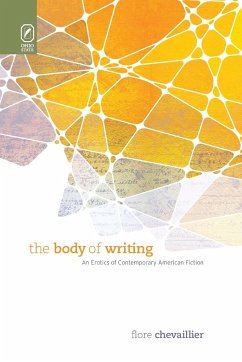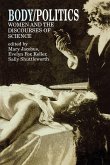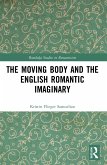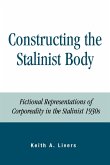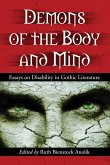Why are some versions of the collective "we" admired and desired while other versions are scorned and feared? A Body of Individuals: The Paradox of Community in Contemporary Fiction examines the conflict over the collective "we" through discourses of community. In the discourse of benevolent community, community is a tool towards achieving healing, productiveness, and connection. In the discourse of dissenting community, community that serves a function is simply another name for totalitarianism; instead, community must merely be a fact of coexistence. What are the sources and the appeal of these irreconcilable views of community, and how do they interact in contemporary fiction's attempt at imagining "we"? By engaging contemporary U.S. writers such as Toni Morrison, Richard Powers, Karen Tei Yamashita, Lydia Davis, Lynne Tillman, and David Markson with theorists such as Jean-Luc Nancy, Giorgio Agamben, François Lyotard, Ernesto Laclau, Louis Althusser, Roland Barthes, and Ludwig Wittgenstein, this book reveals how the two conflicting discourses of community-benevolent and dissenting-are inextricably intertwined in various literary visions of "we"-"we" of the family, of the world, of the human, and of coexistence. These literary visions demonstrate, in a way that popular visions of community and postmodern theories of community cannot, the dialectical relationship between the discourses of benevolent community and dissenting community. Sue-Im Lee argues that contemporary fiction's inability to resolve the paradox results in a model of ambivalent community, one that offers unique insights into community and into the very notion of unity.
Hinweis: Dieser Artikel kann nur an eine deutsche Lieferadresse ausgeliefert werden.
Hinweis: Dieser Artikel kann nur an eine deutsche Lieferadresse ausgeliefert werden.

